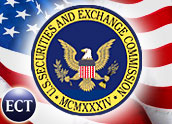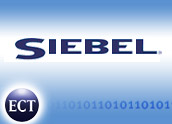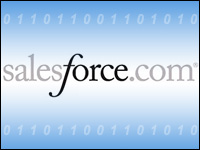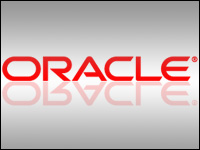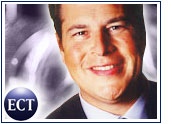
After surviving the dot-com bust, proving the viability of a Web-based subscription model for CRM, achieving profitability and surviving an initial round of U.S. Security and Exchange Commission (SEC) scrutiny, salesforce.com is riding a bumpy road toward its eventual IPO.
Last week, the SEC put a timeout on the company’s public debut, which had been slated for this week. Apparently, CEO Marc Benioff violated the requisite IPO “quiet period” when he chatted about competition to a reporter writing a New York Times story, which was published May 9th.
Chris Selland, vice president of supply side research at research firm Aberdeen Group, told CRM Buyer that this unfortunate turn of events is mostly a result of Benioff being his usual highly enthusiastic and boisterous self. “It doesn’t help in the short term, but I don’t believe that this is going to have a long-term effect,” he commented.
Salesforce.com set expectations for IPO success with its fiscal 2003 results, announcing a profit of US$3.5 million on revenue of $96 million for the fiscal year ended in January.
The Meaning of Quiet
A salesforce.com spokesperson returning a call to CRM Buyer said the company can make no comments regarding its IPO due to the quiet period. SEC officials did not return calls by this story’s filing deadline.
The “quiet period” — sometimes called the “waiting period” — generally refers to the time that begins when a company files a registration statement with the SEC and lasts until the SEC’s staff declares the registration “effective.” During this stage, to prevent overhyping of a company’s abilities, federal securities laws limit what information a company can release to the public.
Despite the quiet period restriction, the SEC does encourage companies to continue making corporate announcements in the “ordinary course” of their business. It seems Benioff’s comments to The New York Times fell outside the SEC’s definition of the company’s ordinary course of business, though salesforce.com has always kept a high profile.
High Expectations
After Google, salesforce.com is one of the most anticipated IPOs of 2004. Taken together, the two companies’ offerings have been seen as a ray of hope for a high-tech stock turnaround.
Salesforce.com first filed for its IPO on December 18, 2003, and even snagged the New York Stock Exchange (NYSE) ticker symbol CRM. On April 20th, the company established an $8 per share price for the 10 million shares of stock, or about 10 percent of the company, to be floated. Before the delay, salesforce.com conservatively expected to make about $70 million to $80 million on the sale.
Although the company first filed its IPO registration statement December 18th, acceptance of that statement by the SEC was delayed because federal regulators objected to how salesforce.com accounted for commissions paid to its sales staff. The issue was resolved in April, seemingly clearing the way for the IPO.
Critical for Sector
According to Selland of Aberdeen Group, there is a lot riding on this IPO, and it is critical not just for salesforce.com but for the CRM market in general that the offering succeed.
Earlier this month, for example, competitor and hosted CRM vendor RightNow Technologies announced its own IPO filing to sell $60 million worth of its common stock. A RightNow spokesperson told CRM Buyer that the company could not comment on the recent salesforce.com goings-on.
Regardless, RightNow executives doubtless are watching recent events play out, knowing that whatever happens during the salesforce.com process might also occur as they get ready for their own public debut. One thing to consider is the receptivity of investors regarding up-and-coming CRM companies.
Benioff’s Stock Sale
Another factor adding to the confusion surrounding the IPO delay is the curious matter of Benioff’s recent sale of stock, which, according to reports, is not related to the company’s rescheduled mid-June IPO date. This new matter could raise other questions requiring SEC review and might also impact the offering. Benioff owns about 30 percent of outstanding salesforce.com stock and stands to gain approximately $250 million from a successful IPO.
“Clearly, the SEC is showing that they are monitoring public companies very closely going forward,” Selland said. “Companies going public — and those that already are — are being held to a much higher standard than they were in the late ’90s.”








